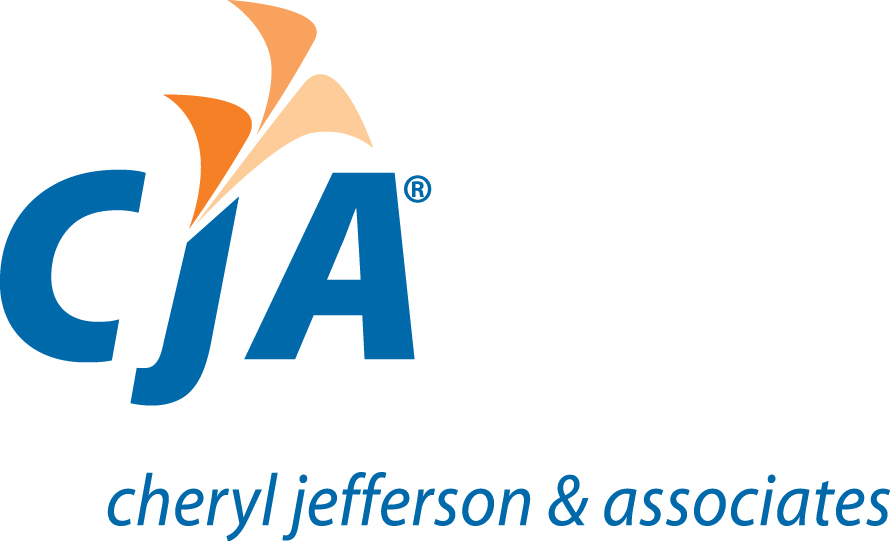10 Reasons Why Job Cost Accounting is Important for Engineering
Many professional service industries work on a contract or project basis. Knowing how much each client or project brings to the equity of the firm is paramount. Basic accounting will not provide the level of insight that you desire into the company’s financial health and profitability of the projects that you take on. Engineering is one such industry where managing the profitability of your projects is key. This makes job cost accounting crucial for engineering projects for several reasons:
- Budget Management: Accurate job cost tracking helps in managing project budgets effectively. By monitoring costs in real-time, engineers and project managers can identify potential cost overruns early and take corrective actions to keep the project on budget.
- Resource Allocation: Knowing the specific costs associated with different tasks, materials, and labor allows for efficient allocation of resources. Engineers can make informed decisions about where to allocate resources to ensure tasks are completed within budget and on schedule. Staffing shortages will create backlogs on projects, reducing the revenue you can actually bill for.
- Cost Control: Detailed job cost data allows for better cost control throughout the project’s lifecycle. If certain tasks or phases of the project are costing more than anticipated, adjustments can be made to mitigate these overages and bring the project back in line with the budget. This is especially important for fixed price projects.
- Performance Evaluation: Job cost analysis provides insights into the performance of various aspects of the project. It allows engineers and project managers to compare actual costs against the estimated costs and assess whether the project is progressing as planned.
- Profitability Analysis: For engineering firms, understanding job costs is essential for evaluating project profitability. Accurate cost tracking enables firms to calculate their profit margins accurately, helping them make informed decisions about future project bids and resource allocations. Historical profitability analysis provides insight into the clients you want to accept in the future.
- Decision Making: Detailed job cost data aids in making informed decisions throughout the project’s lifecycle. Engineers can identify areas where cost-saving measures can be applied without compromising the project’s quality or schedule.
- Risk Management: Job cost tracking helps identify potential cost-related risks early on. By recognizing cost trends that deviate from the plan, engineers can take proactive measures to mitigate risks and avoid larger problems down the line.
- Client Communication: Transparent and accurate job cost reporting enhances communication with clients. It allows clients to understand how their money is being used and provides reassurance that the project is being managed effectively.
- Benchmarking and Lessons Learned: By analyzing historical job cost data, engineering firms can identify patterns and trends that contribute to successful projects. This information can be used to refine future cost estimates, project planning, and resource allocation.
- Legal and Regulatory Compliance: Some engineering projects may have legal and regulatory requirements related to cost reporting and tracking. Proper job cost documentation ensures compliance with these requirements. Compliance with Federal Acquisition Regulations or similar for federal or state government contracts requires strict compliance.
In summary, job cost tracking is essential for managing budgets, allocating resources, controlling costs, evaluating performance, making informed decisions, assessing profitability, managing risks, communicating with stakeholders, and complying with legal and regulatory standards in engineering projects. It provides the data needed to ensure projects are completed successfully, on time, and within budget.
Are you a Professional Services Firm? Outsourcing your accounting can provide real-time job cost data and free up time for you to make better use of the information. Virtual CFO provides GovCon-centric strategic accounting for small businesses providing services in technology, architecture, engineering, aerospace, and project management industries whether you have government contracts or not.
We know your pain points – let us help you relieve them – schedule a consult.

